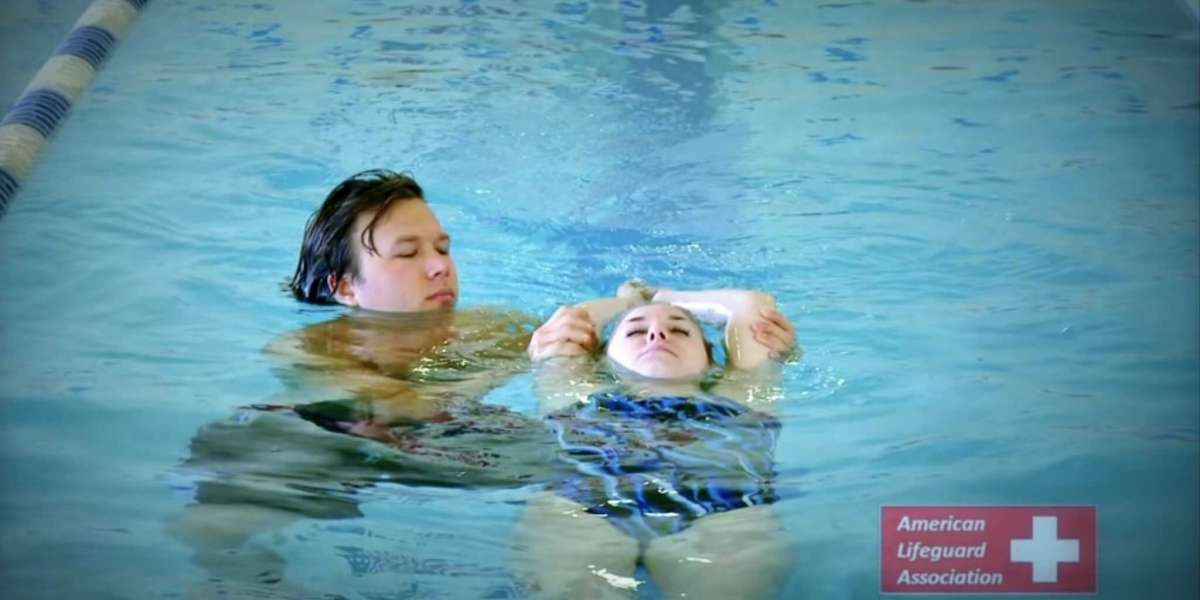A lifeguard certificate is an essential qualification for individuals looking to work as professional lifeguards at pools, beaches, and water parks. Certification ensures that lifeguards possess the necessary skills in water rescue, CPR, AED, and first aid. If you’re interested in obtaining your certification, various training programs are available to prepare you for real-life rescue scenarios.
What Is a Lifeguard Certificate?
A lifeguard certificate is an official document awarded to individuals who complete an accredited lifeguard training program. It validates a person's ability to respond to water emergencies, administer first aid, and perform CPR. The certification typically lasts for two years, after which renewal is required to maintain validity.
Why Is Lifeguard Certification Important?
Earning a lifeguard certificate is crucial for several reasons:
Employment Requirement: Most employers, including public pools, beaches, and aquatic facilities, require lifeguards to hold a valid certification.
Emergency Preparedness: Training equips you with lifesaving techniques, ensuring you can handle emergencies effectively.
Legal Compliance: Many states and organizations mandate certification to ensure safety at water facilities.
Personal Development: Certification enhances your swimming and rescue skills, making you more confident in aquatic environments.
How to Obtain a Lifeguard Certificate
1. Meet the Prerequisites
Before enrolling in a certification course, candidates must typically meet these prerequisites:
Be at least 15 years old (some courses require 16+).
Pass a swimming test, which includes swimming a certain distance, treading water, and retrieving a weighted object from the pool floor.
2. Enroll in a Certified Lifeguard Training Program
Programs provide in-depth training, covering:
Water rescue techniques
CPR and AED usage
First aid training
Emergency action plans
3. Complete the Training and Pass the Exam
Most courses consist of both classroom instruction and hands-on water training. To earn certification, candidates must pass:
A written test
A practical skills assessment
4. Receive Your Lifeguard Certificate
Upon successfully completing the course, you'll receive your lifeguard certificate, which qualifies you for employment at various aquatic facilities.
How Long Does a Lifeguard Certificate Last?
A lifeguard certificate typically remains valid for two years. To continue working as a lifeguard, you must renew your certification before it expires by taking a recertification course.
Where to Get Your Lifeguard Certification?
There are many accredited providers offering lifeguard certification courses across various locations. These programs are designed to meet national and international safety standards, ensuring you receive the best training available.
Conclusion
If you're looking to start a career as a lifeguard, obtaining a lifeguard certificate is the first step. With comprehensive training, you'll gain the skills needed to save lives and ensure water safety. Enroll in a course today and become a certified lifeguard!






